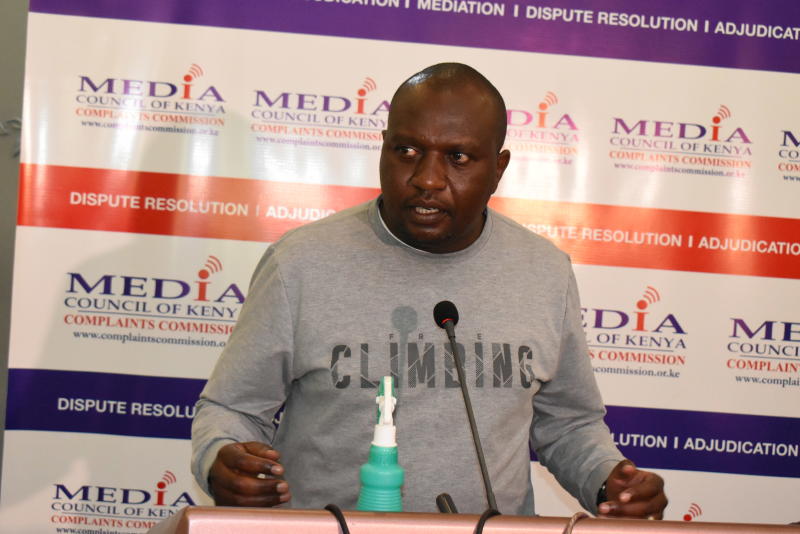×
The Standard e-Paper
Home To Bold Columnists

Media stakeholders yesterday launched guidelines that will guide journalists in reporting next year’s General Elections.
The launch of the 2022 Election Reporting Guidelines came after a two-day engagement on its content by stakeholders which culminated in the ratification of the document. A technical committee chaired by veteran journalist Joe Odindo had been working on the document for the past two months.